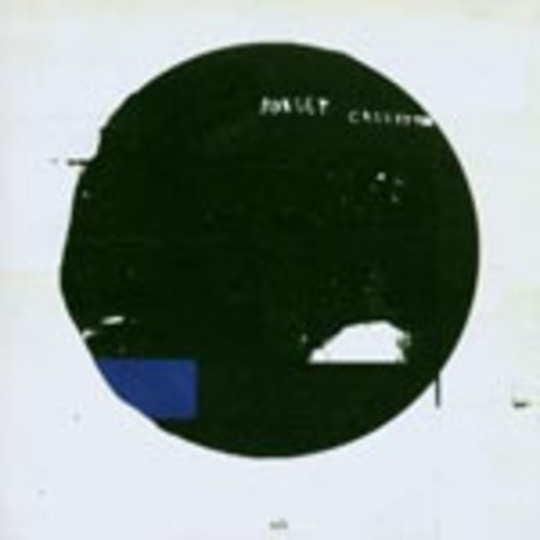Salt is the bitter story of broken beds, twisted hearts, deception and loathing. It’s pop melodies built on top of a brutal foundation of cadaverous bass lines, dripping snatching, guitar lines and waterfalls of cymbals. It’s rock music is what it is.
Although recorded as a three-piece, Aaron Ford and Jay Leo Philips have since left the band, leaving just Beth Cameron as the effective entity of Forget Cassettes (see DiScover piece for the latest, here).
Salt, the Nashville residents’ second LP, rumbles to a start with ‘Venison’, the sorry tale of a deer that Beth hit and knocked cold onto the asphalt. It comes out of the blocks thunderously before falling off a cliff into a sad lament of a great beast.
Cameron holds her heart out front for all of us to hear her pain. She sounds like she’s genuinely hurting at points, too: ‘Lonely Does It’ skips from the angry bitter tale of a jilted wayward lover to the sad sound of Cameron clicking her fingers and mournfully intoning _"It’s not all for naught, no”. _
While fractured love dictates the pace and composition of most of the album, single ‘The Catch’ acts as a nice counterfoil to this. It’s a veiled attack on the Bush administration’s handling of Katrina. “How will we keep warm, alone in our beds?” she whimpers as the reality that her house is submerged dawns on her. You have to be glad that Cameron’s anger is directed at presidents as well as exes.
Although Yeah Yeah Yeahs comparisons are mainly misplaced, here Jay Leo Philip’s guitar sounds a lot like Nick Zinner’s cascading, trebly lines; it seems to act as a weird contextual frame that makes Cameron sound faintly Karen-Oish – when she really doesn’t. Weird.
While semi-title track ‘Salt And Syncope’ might well be the album’s centre piece it’s upstaged by the final piece, ‘Tabula Rasa’, which is huge in its scope and works as a thoroughly uplifting brass-flamed end to the album. We’ve been through the troubles and traumas of love and, by god, it’s not worth all this trouble. In ten years we might hate each other, or worse, have forgotten about each other, but “Would you prefer to risk it?” The track takes the rest of the album’s anger, confusion and bitterness and throws it backwards over its own head.
Beth knows better than to go back to her lover, but this is love, it’s a city: you can knock walls down, you can knock houses down, but you can’t knock a whole city down.
-
8Will Dean's Score























